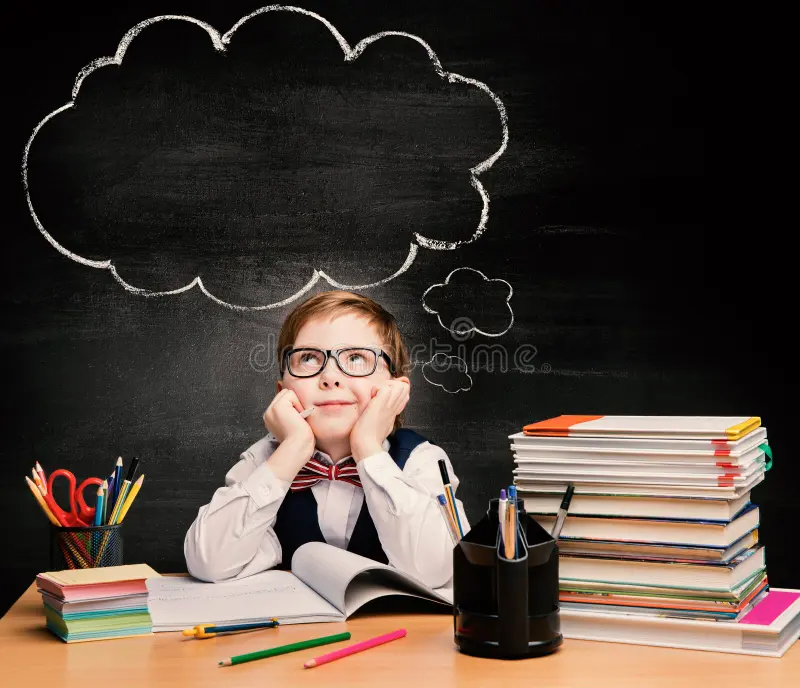Education is often referred to as the great equalizer, a powerful tool that can transform lives, uplift communities, and shape the future. In a world that is constantly The Power of Education evolving the importance of education cannot be overstated. It empowers individuals with knowledge, skills, and critical thinking abilities, enabling them to navigate the complexities of life and contribute positively to society. In this blog post, we will explore the multifaceted power of education, its impact on personal and societal development, and why investing in education is essential for a brighter future.
1. Education as a Pathway to Opportunity
1.1 Breaking the Cycle of Poverty
Education is a key factor in breaking the cycle of poverty. By providing individuals with the skills and knowledge needed to secure better job opportunities, education enables them to improve their economic circumstances. Studies have shown that higher levels of education correlate with higher income levels, leading to improved quality of life for individuals and their families.https://safeck.online/?p=237&preview=true
1.2 Expanding Career Options
A solid educational foundation opens doors to a wide range of career opportunities. With education, individuals can pursue various fields, from healthcare and technology to arts and sciences. This diversity in career options not only enhances personal fulfillment but also contributes to a more skilled and adaptable workforce.
2. Fostering Critical Thinking and Problem-Solving Skills
2.1 Developing Analytical Abilities
Education encourages critical thinking and analytical skills, enabling individuals to assess situations, evaluate information, and make informed decisions. These skills are essential in today’s fast-paced world, where individuals are often faced with complex problems that require innovative solutions.
2.2 Encouraging Lifelong Learning
The power of education extends beyond formal schooling. It instills a love for learning and curiosity that encourages individuals to seek knowledge throughout their lives. Lifelong learning is crucial in a rapidly changing world, as it allows individuals to adapt to new challenges and opportunities.
3. Promoting Social and Emotional Development
3.1 Building Confidence and Self-Esteem
Education plays a vital role in building confidence and self-esteem. As individuals acquire knowledge and skills, they gain a sense of accomplishment that boosts their self-worth. This confidence is essential for personal growth and success in various aspects of life.
3.2 Fostering Empathy and Understanding
Education exposes individuals to diverse perspectives and cultures, fostering empathy and understanding. By learning about different backgrounds and experiences, individuals develop a broader worldview, which is essential for promoting social cohesion and harmony in increasingly diverse societies.
4. Strengthening Communities and Societies
4.1 Empowering Civic Engagement
An educated populace is more likely to engage in civic activities, such as voting, volunteering, and participating in community initiatives. Education empowers individuals to understand their rights and responsibilities, leading to more informed and active citizens who contribute to the betterment of their communities.
4.2 Driving Economic Growth
Investing in education is crucial for driving economic growth and development. A well-educated workforce is essential for innovation, productivity, and competitiveness in the global market. Countries that prioritize education tend to experience higher economic growth rates and improved living standards.
5. The Global Impact of Education
5.1 Addressing Global Challenges
Education is a powerful tool for addressing global challenges, such as poverty, inequality, and climate change. By equipping individuals with the knowledge and skills needed to tackle these issues, education fosters a generation of problem solvers and change-makers who can create a more sustainable and equitable world.
5.2 Promoting Peace and Stability
Education plays a crucial role in promoting peace and stability in societies. By fostering understanding and tolerance, education can help reduce conflict and violence. Educated individuals are more likely to advocate for peaceful solutions and contribute to building harmonious communities.
Conclusion
The power of education is undeniable. It transforms lives, empowers individuals, and shapes the future of societies. By investing in education, we can break the cycle of poverty, foster critical thinking, promote social and emotional development, and drive economic growth. As we navigate the complexities of the modern world, prioritizing education is essential for creating a brighter, more equitable future for all.
If you found this blog post helpful, consider sharing it on social media or leaving a comment below! Together, we can advocate for the transformative power of education and support initiatives that promote learning and growth for everyone.
By focusing on the power of education, this blog post aims to provide valuable insights for educators, policymakers, and individuals passionate about making a difference. Embracing education as a fundamental right can lead to a more informed, empowered, and resilient society.
